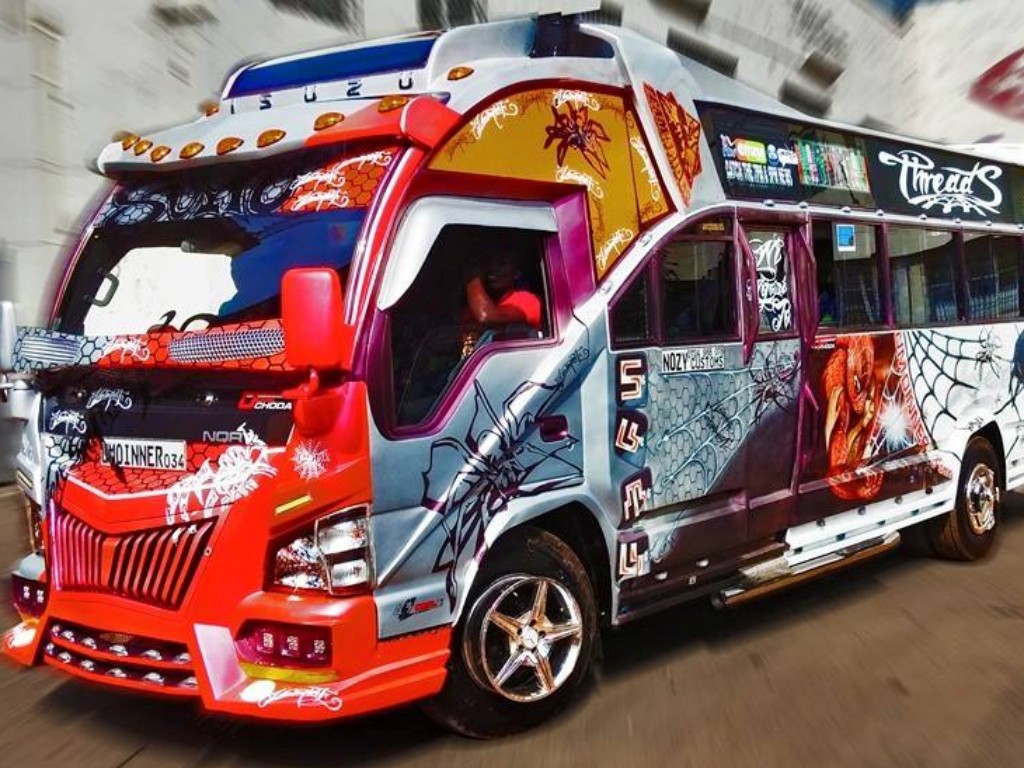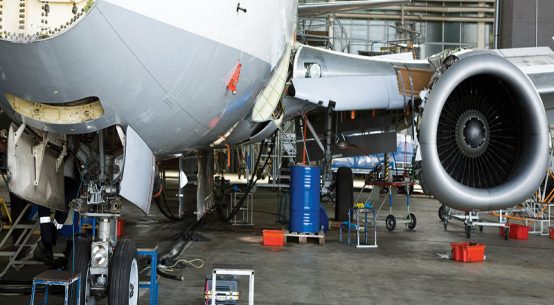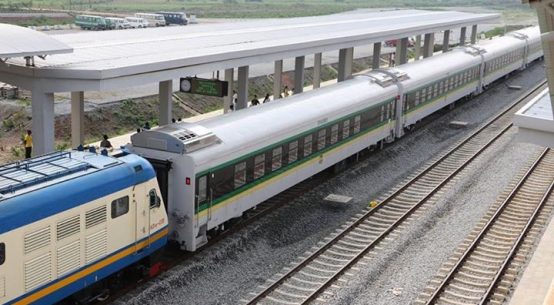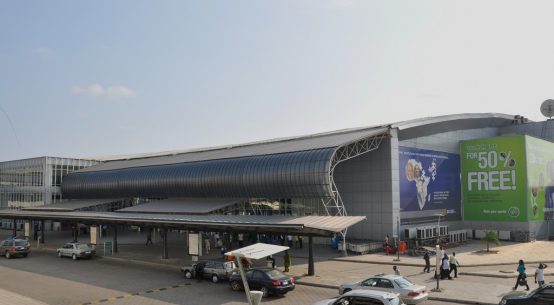
Travelling from Nairobi central business district (CBD) to the working-class suburb of Rongai normally takes 45 minutes to two hours, depending on traffic.
Inside the “Ferguson” Matatu (A decoreated minibus or Taxi Used in Kenyan)– named for its colourful images of the former Manchester United manager – half a dozen passengers seem oblivious to the length of their commute. Instead, they sit glued to their smartphones, checking the latest news, YouTube videos and catching up on emails.
Ferguson is one of more than 1,000 matatus in the city now equipped with free wi-fi for passengers to enjoy through a service called Vuma Online, launched this April by Safaricom, Kenya’s biggest telecom company. The goal, according to Kevin Bett of Safaricom, is to “convert [passengers] to internet users”. But for Matatu drivers and conductors it’s giving them an edge over intense competition for passengers. “We get more passengers,” says Victor Njuguna, a Vuma-equipped Matatu conductor. “They actually wait for our bus – they want to enjoy free wi-fi.
Nairobi is East Africa’s economic, business and technology hub. It has grown from half a million residents in the 1970s to more than three million today. It has grown outward, not upward resulting in an unplanned semi-urban sprawl.
It is perhaps no surprise then that the city ranks as the fourth most painful commute in the world, according to IBM’s Commuter Pain Index. Keyan government estimates that traffic jams cost the economy more than 50m Kenyan shillings (£365,000; $585,000) per day in lost productivity, fuel consumption and pollution.
While the government has ambitious plans to build new roads and bypasses for the city, and even establish a mass rapid transit system and rapid light rail by 2030, progress, like the traffic itself, seems painfully slow.
Though Nairobi’s commute is dreadful to most, for some of Kenya’s burgeoning “silicon savannah” techies, it’s an opportunity.
#BestDressed
“Commutes can be up to three hours long,” says Jeremy Gordon, chief executive of FlashCast, a Kenyan tech start-up. “That’s a captive audience whose time is pretty under-used.”
Launched in 2012, FlashCast has designed a location-based advertising system for buses and matatus, using a red LED marquee display connected to a GPS unit and 3G modem installed in the vehicles. Yet advertising alone can be boring.
“If we can’t make it an entertaining, engaging experience, it’s not worth it for them,” explains Mr Gordon. “We also display news headlines, short quizzes, games, word scrambles and discussion topics.” For example, in April they asked riders on selected buses to nominate the #BestDressed Passenger on
The replies ended up being a huge hit, with responses such as “Red lipstick grey top blue jeans seated back seat next 2 the window on the left side. #pliz…“People have a desire to be stimulated when they’re sitting in traffic,” says Mr Gordon, “so it’s a win win.”
It’s also a win for the vehicle owners, since they earn a share of the advertising revenues. However, entertaining commuters – and occasionally helping them hit on each other – isn’t the only service FlashCast offers.
FOLLOW US ON FACEBOOK FOR MORE LOGISTICS NEWS
Since its GPS units track vehicles in real time, it is making that traffic information available through its Android mobile app so that customers can track the location and movement of certain buses, to help figure out which route to take to beat the traffic.








